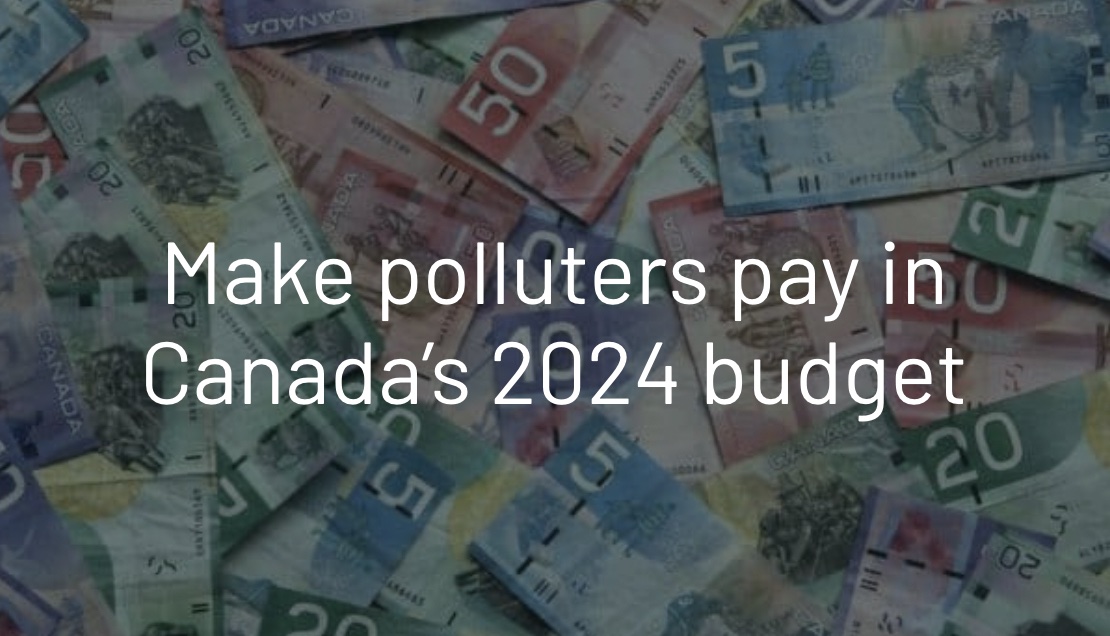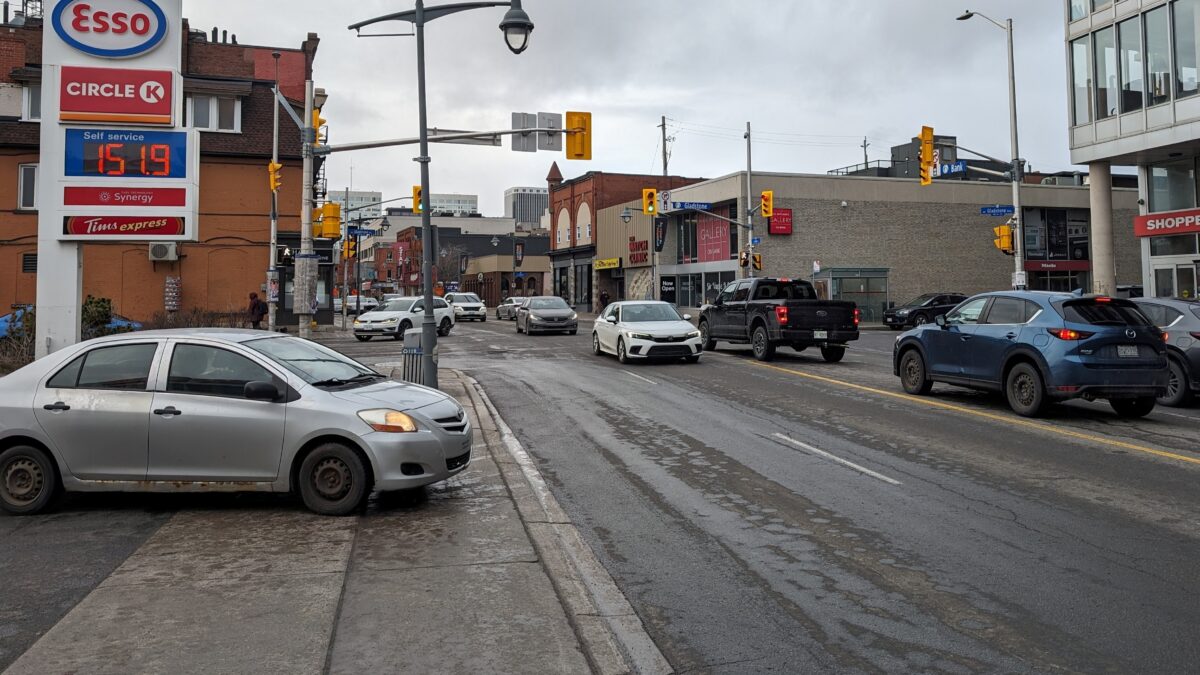With the federal budget coming April 16, a coalition of environmental groups is calling for a windfall tax on excess Canadian oil and gas company profits.
In an open letter to Finance Minister Chrystia Freeland titled “Make Polluters Pay,” the organizations — including the David Suzuki Foundation, 350.org and Greenpeace — say the tax revenue could help fund environmental initiatives.
The surcharge targets excess profits an industry collects because of unusual circumstances. In the case of oil and gas companies, Russia’s invasion of Ukraine in 2022 has generated “historically high profits while driving inflation,” the Suzuki Foundation states.
A recent Leger survey commissioned by the foundation and two other groups found that 62 per cent of Canadians would support a windfall tax.
The most support was found in Quebec and Ontario.
Data provided by the David Suzuki Foundation from a Leger survey that polled 1,523 people from March 1-3, 2024.
Tom Green, economist and senior climate adviser for the David Suzuki Foundation, told Capital Current that, while oil and gas prices surged because of Russia’s invasion of Ukraine, the cost of producing oil did not change.
Green said Canadian companies extracting oil and gas here sell it to Canadians at an international price.
“So although nothing changed in Canada, suddenly the prices surge, everyone saw the prices go way up at the gas pump and on their heating bills,” he said.
Green also noted that the price of oil and gas helps fuel inflation in other industries.
“We had fossil inflation, where cost of living went up. And a lot of that was due to global prices on oil and gas,” Green explained.
He says this is because it costs more to ship things internationally and companies make up that difference by increasing prices for consumers.
It’s time Canadians turned their attention to the much larger excess profits being captured by the oil and gas giants.
Jim Stanford, economist, Centre for Future Work
Jim Stanford, an economist for the progressive research institute, Centre for Future Work, said in a press release that petroleum profits in 2023 were $30 billion higher than in 2019.
He compared that to the $4 billion in profit growth in the same period for grocery stores, which has caused a public outcry. He said: “It’s time Canadians turned their attention to the much larger excess profits being captured by the oil and gas giants.”
The Parliamentary Budget Office has determined a 15 per cent of windfall tax on oil and gas profits more than $1 billion could generate $4.2 billion in government revenue in five years.
A similar tax was placed on banks and insurance companies in 2022.
Green said Finance Minister Chrystia Freeland is “leaving money on the table,” that could be invested in climate change mitigation and adaptation programs.

According to the “Make Polluters Pay” open letter to Freeland, investments could include furthering the sale of heat pumps that would lower energy bills, programs that create green jobs or compensation for damage caused by climate impacts.
“It would give more room for the federal government to spend on our priorities, rather than going to buy a second or third or fourth vacation property home for some very wealthy individual or corporation,” Green said.
Jean Thomas Bernard, a University of Ottawa economist who specializes in government policy and taxation related to energy and the environment, says a windfall tax on oil and gas companies would not reduce emissions.
“We need a better rationalization when we want to raise a tax on certain economic activity — a better rationalization than simply, ‘They make too much money',” said Bernard.
Like taxing cigarettes or alcohol to reduce consumption, he says taxing CO2 emissions directly is more effective. That’s why, he said, he is more in favour of a carbon tax than a windfall tax.
It would give more room for the federal government to spend on our priorities, rather than going to buy a second or third or fourth vacation property home for some very wealthy individual or corporation.
Tom Green, economist and senior climate adviser, David Suzuki Foundation
In an emailed statement, Lisa Baiton, president and CEO of the Canadian Association of Petroleum Producers, said windfall taxes are unnecessary.
“All provincial royalty regimes in Canada have a sliding scale approach to royalties that incorporate higher commodity prices — in other words, royalty rates increase with higher oil and gas prices,” she said.




